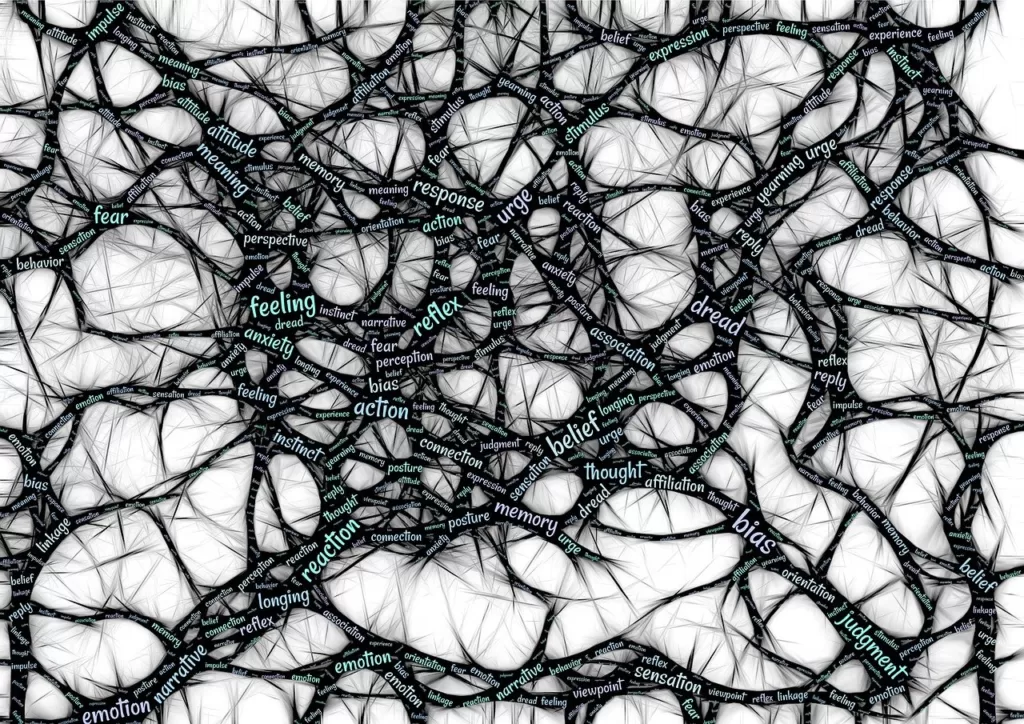(This article is an informational and personal experience article only. If you have any symptoms or questions related to your health, talk to your neurologist, nurse, or local doctor first. This post contains affiliate links. As an Amazon Associate, I earn from qualified purchases.)

epilepsy and FND
As people, like me, who are diagnosed with epilepsy we know the symptoms and side effects of the seizures and the medicine we take. But what if a loved one you know has FND (functional nerve disorder) and their episodes are just like your tonic-clonic (grand mal) seizures? Let us go over the differences between epilepsy and FND.
Differences
Obviously for people with epilepsy, we all know it is caused by physical damage like the hard drive or the motherboard of a computer being out of order. Now FND is different, it is caused by a psychological disorder or software malfunction with also a neurological problem or crisscrossing of the brain wiring at the same time.
If you know someone with a nonpileptic seizure but is not called FND, there are a few other names that will come up as the diagnosis. You will hear conversion disorder and just PNES (psychogenic nonpileptic seizures).
Definition
The definition of, functional nerve disorder and conversion disorder is a condition in which a person experiences physical and sensory problems such as paralyzing, numbness, speech, eating, blindness difficulty, and seizures that are caused mentally not neurologically.
A thing to understand about FND is that both names have slightly different definitions. But down to the bone, it is the same thing.
Cause
Common causes of FND and conversion disorder are childhood abuse, childhood neglect, and trauma, abandonment issues, PTSD (post-traumatic stress disorder), anxiety, depression, and much more combined.
This video explains the definition and history of conversion disorder.
FND is a disorder that most people do not know about. Most medical professionals have never heard of FND at all. It is highly mistaken as fake, or attention-seeking, I have heard stories of doctors who would not even try to believe the symptoms were real.
If you search online, you find that many doctors and medical institutions call it a rare disorder that is not common. You will find around only three websites that are support websites and all three will be from the UK or Europe. In America, it is yet to be taken seriously like it is in other parts of the world. This TEDx speech explains it from a patient’s point of view on how it is to live with FND.
CAN It Be Cured
But now the question is can it be cured? The answer to that question just like in the video is sort of. See about anyone can put it into remission but the catch is it can come back at any time if triggered again and most individuals have some sort of symptom they still deal with.
To get it under control according to doctors at the UIHC (University of Iowa Hospital and Clinics) you need to retrain your brain to do daily brain functions such as walking, speaking, balancing, and many more.
With the help of a physiatrist, psychologist, and neurologist a person can put it into remission, but another catch is it helps to get proper help from the doctors within 1– 2 years of fully being diagnosed. If not, it is very possible to deal with the dysfunction caused by FND for the majority of your life from that point on.
What if you don’t get help soon enough
What if you do not get help soon enough? The good news is that in the US you can fit in the category of disabled. This means you can qualify for SSDI (Social Security Disability Insurance), SSI (Supplemental Security Income), and state by state you can possibly fit in for Physical disability waivers, Food Stamps Medicaid, and much more to help you with your finances.
Conclusion
The thing to understand is that even if you do have FND, conversion disorder, or PNES you can still recover with help from medical staff and personal support. If you do not reach full recovery, you will also have multiple resources to help support you.
Leave a comment on your thoughts on FND
(This is an informational and personal experience article only, talk to your neurology specialist, local doctor, or nurse first for more specific information about you, your condition, and what works best for you.)

John is a person who was diagnosed with epilepsy at the age of eight. John has been a certified peer recovery specialist in the state of Iowa since 2019. John also has training in ASIST (Applied Suicide Intervention Skills Training. John is an advocate for epilepsy and mental health. John blogs to support fellow people with epilepsy and mental health on their road to recovery.
John loves art, comics (Marvel especially), and the UI Hawkeyes. John lives in a small town with his three furry best friends Louie and Mario. (Dogs) and Leo (Cat)
(This article is an informational and personal experience article only. If you have any symptoms or questions related to your health, talk to your neurologist, nurse, or local doctor first. This post contains affiliate links. As an Amazon Associate, I earn from qualified purchases.)
